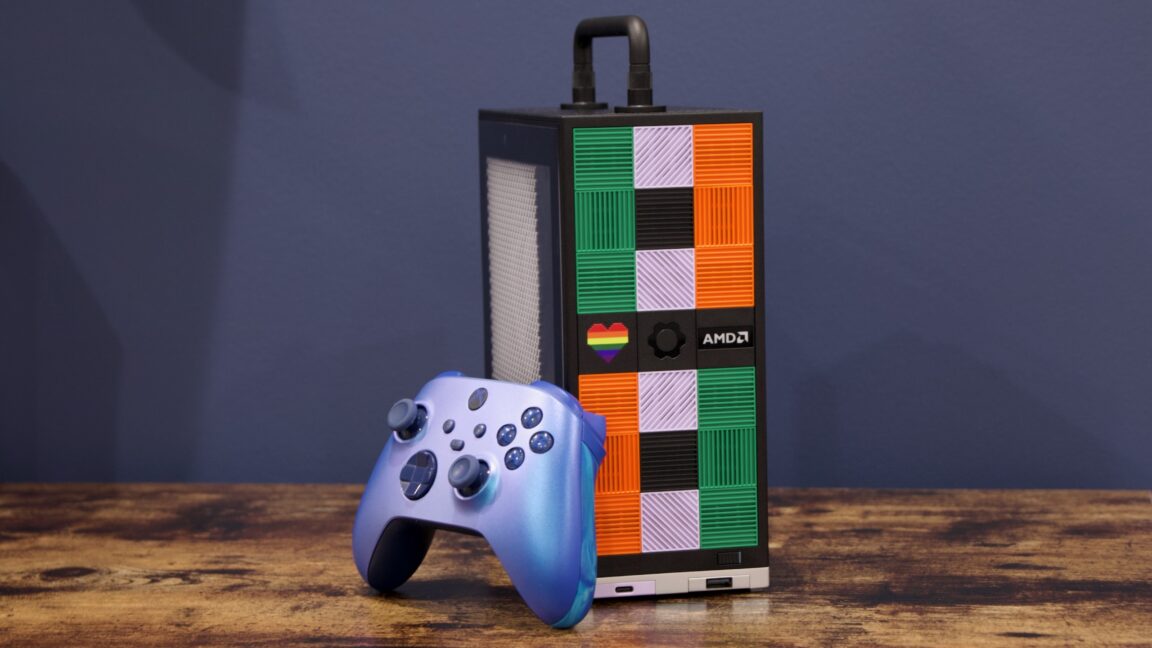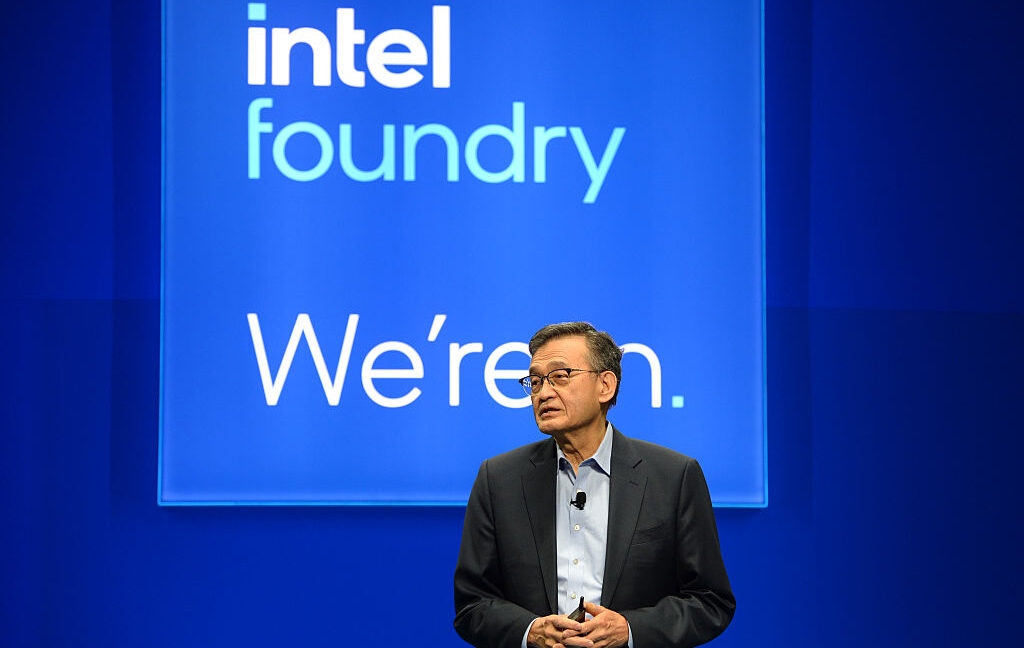Framework Desktop: A Modular PC Journey with a Tinge of Mac Studio

Framework has garnered attention with its commitment to modular, upgradeable laptops. With multiple iterations of the Framework Laptop 13 in just five years, users can upgrade performance significantly without overhauling the entire machine. However, the company now ventures into desktop PC territory, offering a Framework Desktop that may surprise its established audience.
The Framework Desktop diverges from its laptop counterparts by being less modular than typical self-built desktop PCs. Despite the unique design features, it raises the typical mini-PC question: is compactness worth the additional cost and decreased performance?
Opening the Framework Desktop's packaging reveals a neatly organized setup in recyclable materials. While the system requires minimal assembly in its DIY Edition, elements like the motherboard, heatsink, and power supply come pre-installed, making the process straightforward even for new DIY enthusiasts.
The Desktop's use of standard components—a mini ITX motherboard, 400 W FlexATX power supply, and 120 mm CPU fan—ensures compatibility with broader industry standards. Yet, its slick design and sturdy internal framework are overshadowed by its external plastic panels, which do not match the premium feel of metal-based cases in a similar range.
The Framework Desktop is powered by a Ryzen AI Max+395 processor and can be configured with up to 128GB of RAM, although it lacks the performance of typical high-end desktop CPUs due to power constraints. The Radeon 8060S integrated GPU offers notable gaming performance, comparable to older midrange desktop GPUs, but is not a match for dedicated new-gen graphics cards.
While the Framework Desktop stands out for its design and ease of assembly, it compromises on upgradeability, which might deter its target audience of PC enthusiasts. However, its ability to deliver decent performance and efficiency makes it a suitable option for those seeking a compact yet powerful setup.
Although the Framework Desktop doesn't quite shake the foundations of PC building, its unique approach and solid performance could appeal to those with specific needs, such as AI or machine learning tasks that require significant RAM.



